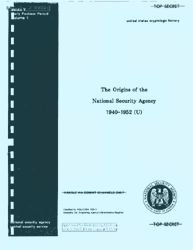A maj or festival on August 1, celebrating the first fruits of the harvest. In Gaul during the Roman occupation, the annual fair at Lugdunum (Lyons) was changed so that it
Could be reconvened under the patronage of the deified emperor Augustus.
Lughnasad was adopted generally into the Christian Church calendar as Lammas. In Ireland in later times the date of the festival was shifted slightly to suit the harvesting of potatoes. The last Sunday in July became Garlic Sunday, which was set aside for the lifting and gathering of the first of the potato crop. People kept to this date, even if it meant going without food—July was “Hungry July”—as it was feared that the crop would be spoilt disastrously if it was lifted on the wrong date. This day was marked by a special feast, with the new potatoes being cooked and eaten with cabbage and bacon. It was also a time for assemblies on hilltops, and beside springs, wells, and lakes, though these had to be respectably converted into Christian places, often associated with St. Patrick. The saint in effect became a Christian replacement for the god Lugh.
In Ireland Lughnasad has been continuously celebrated or marked, at least from the early Middle Ages, right down to the present day. One event that still takes place on Garlic Sunday is the mass pilgrimage up Croagh Patrick in County Mayo: a 2-mile (3km) walk up a rocky hill on bare and bleeding feet. The custom of going up this mountain is a very ancient one. In pagan times the faithful ascended to greet wonder-working Lugh, the Shining One who overpowered a primitive Earth god to win the harvest for his people.
In Ireland and parts of Scotland, Lughnasad survives as the Lammas cattle fair. The word “Lammas” is related to the loaf that was made from flour from the first of the grain crop. Lammas also became known as Glove Sunday, when gloves were given as presents. It is difficult to see how this element could be an ancient Celtic tradition: 2,000 years ago no one wore gloves.
The same feast was known as Calan Awst in Welsh.




 World History
World History









